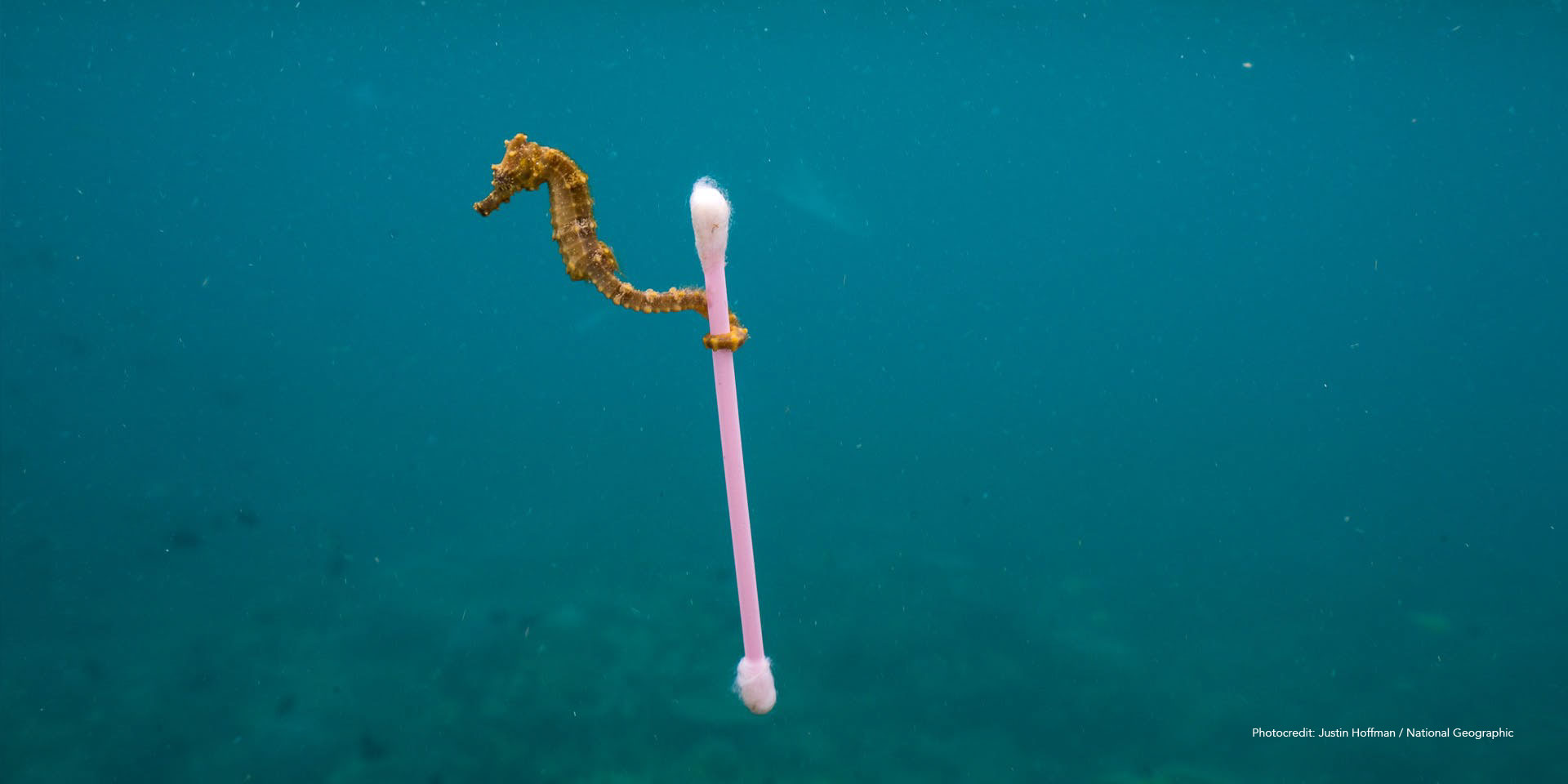
05 Jun World Environment Day
Today is World Environment Day. World Environment Day is the UN’s most important day for encouraging worldwide awareness and action for the protection of our environment. This year’s theme is ‘Beating Plastic Pollution’. And we’re all for that! As a beauty company, we’re committed to being more conscious and are proud to say that both the product packaging of LO lip care and the shipping box are completely natural -free of plastic- and fully recyclable. You can find our collection here.
The UN has created World Environment Day as a “people’s day” for doing something to take care of the Earth. That “something” can be focused locally, nationally or globally; it can be a solo action or involve a crowd. Everyone is free to choose.
We wanted to share a list of simple things you can do with a big impact on your waste output.
1. Recycle glass and paper
If you’re not already, start to recycle. It helps saving more resources and used energy, when you recycle it also contributes to decreasing pollution and reliance on important oils.
FACT: Every ton of paper that’s made of recycled materials, saves 17 trees, around 1.700 litres of oil and around 26 litres of water (Source: Green Living).

FACT: Over 40,000 trees could be saved if all morning newspapers in the United States were recycled for one day (Source: Green Living).
Glass containers which you return for recycling don’t have to be produced out of raw material again, which lessens the demand for energy and also cuts CO2 emissions. In addition, glass can be recycled endlessly and easily compared to other recycle material, without the loss in quality and purity in form.
FACT: For every 6 tons of recycled container glass, 1 ton of carbon dioxide (greenhouse gas) is reduced (Source: GPI).
2. Replace plastic bags with a sustainable option
Out of all plastic bags, only 1% gets recycled. Ouch. Plastic bags are most often made from polyethylene, a plastic that takes centuries to degrade in the environment.
FACT: We use 5 trillion plastic bags per year. That’s 160,000 a second! And over 700 a year for every single person on the planet (Source: The World Counts).
FACT: Recycling one ton of plastic bags saves 11 barrels of oil (Source: Love to know).
3. Stop using plastic water bottles
In total, we use 100 million tons of plastic every year. Roughly 10 percent of this plastic ends up in the oceans, where the plastic is broken down into tiny pieces. As a result, these pieces of plastic are eaten by fish, which then die since they cannot digest it. Consequently the plastic builds up and enter into the food chain.
FACT: A million plastic bottles are bought around the world every minute (That’s 20,000 bottles every second!) and the number will jump another 20% by 2021, creating an environmental crisis some campaigners predict will be as serious as climate change (Source: The Guardian).
4. Empty your fridge
Not only is material waste a huge problem, food waste is equally as important to pay attention to. Try to stick to a meal plan, where you plan out what you’re going to eat for the week. Only buy foods you know you will eat, in this case, you will have less to throw out at the end of the week. All the food you throw in the trash bin gets wasted.
FACT: Roughly one third of all the food produced in the world for human consumption gets wasted, which is around 1.3 billion tonnes (Source: FAO).
FACT: Global quantitative food losses and waste per year are roughly 30% for cereals, 40-50% for root crops, fruits and vegetables, 20% for oil seeds, meat and dairy plus 35% for fish (Source: FAO).

5. Be a vegetarian (or at least for one day a week)
Worldwide meat production has tripled over the last four decades and increased 20 percent in just the last 10 years.
FACT: A staggering 51% or more of global greenhouse-gas emissions are caused by animal agriculture (Source: Peta).
FACT: Producing meat requires a big amount of water. An estimated 1,800 to 2,500 gallons of water go into a single pound of beef. By comparison, soy tofu produced in California requires only 220 gallons of water per pound (Source: Peta).
6. Use a bamboo toothbrush
Did you know that toothbrushes are one of the biggest forms of ocean plastic pollutions? While most people use plastic tooth brushes, these toothbrushes end up into the landfill, more often than not, even directly in the ocean. An alternative? Purchasing a bamboo toothbrush. It’s more sustainable and environment friendly, since the entire handle of the toothbrush is compostable.
FACT: One billion plastic toothbrushes are thrown away every year in the United States alone, creating 50 million pounds of waste annually (Source: Foreo).
What about electric toothbrushes?
You might assume that using an electric toothbrush is better for the environment due to the longevity, its electricity usage, still makes it a less durable and less environment friendly alternative than the bamboo toothbrush. Environmental costs involved in the manufacture and disposal of additional components and energy use make it as planet-polluting as the manual.
7. Limit your fast fashion
Second to oil, the clothing and textile industry is the largest polluter in the world. Textile dyeing of clothing means spreading toxic chemicals in order to achieve vibrant colours, prints and fabric finishes in clothing items.
FACT: It can take more than 20,000 litres of water to produce 1kg of cotton; equivalent to a single T-shirt and pair of jeans (Source: WWF).
FACT: Polyester is the most popular fabric used for fashion. But when polyester garments are washed in domestic washing machines, they shed microfibres that add to the increasing levels of plastic in our oceans. Because these microfibres don’t biodegrade, they represent a serious threat to aquatic life (Source: Independent).
If you want to know more about a plastic free lifestyle listen to this episode with Lauren Singer on the Lewis Howes podcast! Lauren leads a zero waste life and documents it on her blog Trash is for Tossers.
x-LO 💛

No Comments